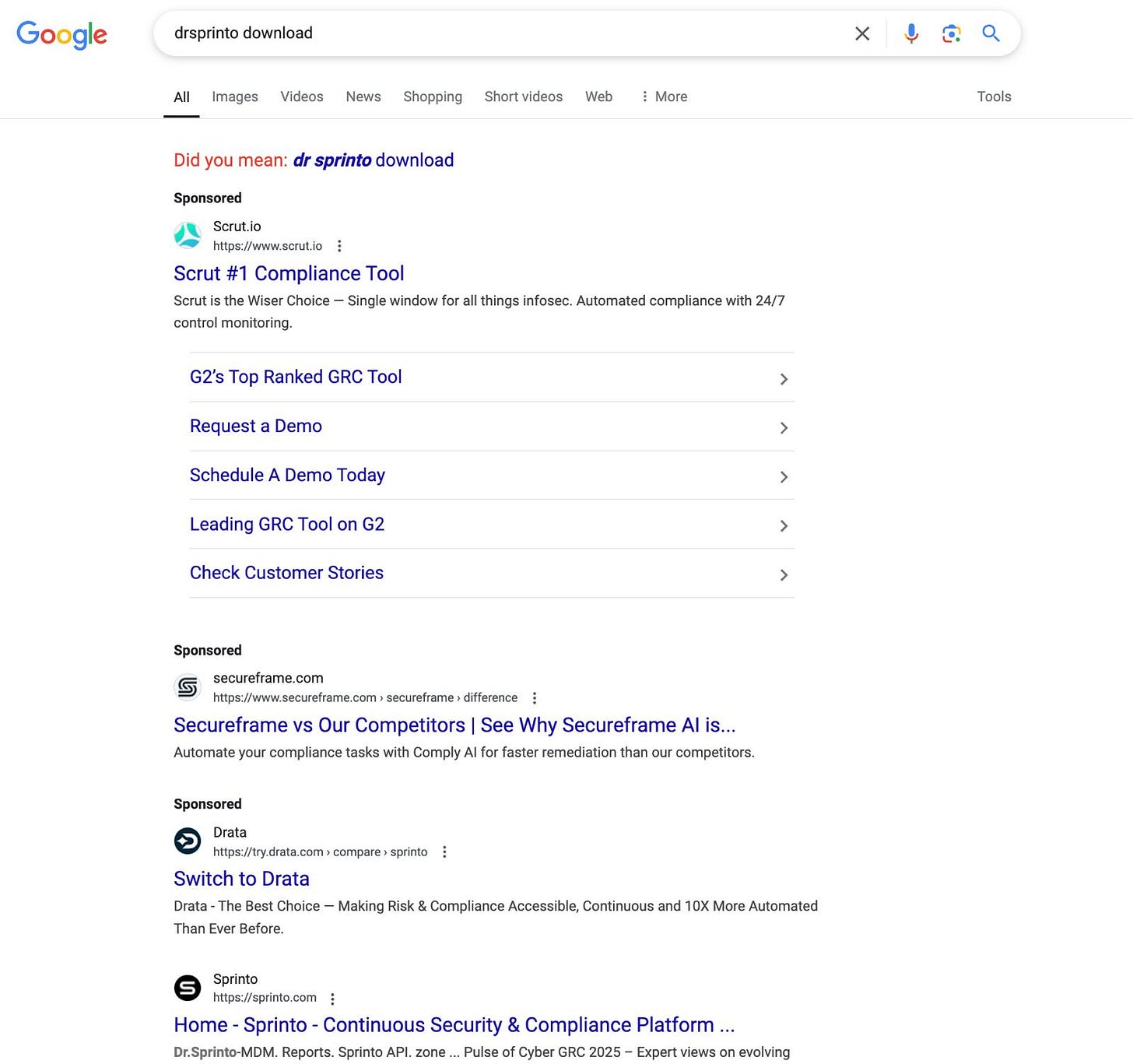Demand and supply of advertising
LLMs might mean that the usage of Google goes down, but what does this mean to the advertising industry? Where will the "intent-based advertising" go?
Recently, on my trip to the Bay Area earlier this month, a friend and I were talking about Google’s business and how it might evolve in the wake of LLMs.
He told me about the process he followed while buying earphones - he gave his specifications to three different LLMs, took the consensus recommendation from them, watched one YouTube video about it (he has Premium) and bought the product.
“It took me ten minutes to research this and I’m super happy with what I have. And in the process of buying this, I saw zero ads”, he told me. “Now compare that to the pre-LLM flow when I would have just done a Google search and seen tonnes of ads on the search page”.
Soon we got to discussing this other recent blogpost (which a couple of others have sent me) about how “LLMs are cheap”. That the cost of an LLM inference query (in terms of compute, and hence power consumption) is about what it costs a Google Search.
We started talking about what this means in terms of Google’s business. And then in terms of what it means to business in general, since over the last two decades, so many companies have become reliant on Google Search Ads for driving revenues to themselves.
Like this happened when I searched for another friend’s company a few months ago:
You literally have to ignore all the ads to get to the right company!
Coming back to the topic at hand, let’s assume that a large portion of Google’s search will soon move away to LLM-based tools - could be Google’s own AI search, or ChatGPT, or Perplexity or some open source tool that can search the internet. Our “default landing page of the internet” will not be no more.
What will this do to the advertising industry?
The demand for advertising, in aggregate, won’t come down - businesses still need to reach their customers, and show off their wares. However, the way that it is distributed will.
If you think about digital marketing, it falls into two broad buckets - you sell to people based on who they are, or you sell to people who have shown intent into your product. And broadly speaking, Meta dominates the first part, since they have tonnes of information on users given their facebook and instagram posts and likes, and can target them accurately (I don’t use Facebook much, but I love most of the ads that Instagram serves me).
Google dominates the “sell by intent” - the greatest intent that someone can show for a particular product is by searching for it. Now, if people stop using search engines to search, and instead use LLMs, where does this market move?
One option might be search within LLMs itself - for example, you can think of getting served ads in your free version of ChatGPT (in fact, OpenAI has hired Fidji Simo, the former CEO of Instacart who has rich experience in the ads business).
Then you have the SEO equivalent of LLMs - I met someone at the Snowflake Summit (didn’t collect contact, though) whose company helps boost your brand’s performance in LLM searches. And so you can have “organic” mentions of your brands in an LLM’s answer, though this is likely to be less likely than direct ads in LLM searches.
Where else can this go? Will this search-for-intent budget be retained by Google, or go to other companies? That businesses need to show ads to interested people is a given. However, if people stop searching for stuff that they are interested in, how will businesses gauge interest, and then show ads?
It’s all very complex. What do you think?





Amazon/ merchant media. This may also explain how ads businessses are burgeoning even at places like zepto. Also why Instacart ceo is hot property- they probably led the way
Google search had this problem that its search results were too good. If you got exactly what you wanted in the first result, why would you look left or right at the ads? It fixed this problem by making the search function suck.
LLMs have an even more severe version of this problem. They are supposed to show the right answer to the question, catching any nuances, tailored to my interests which they have learnt by interacting with me. What utility will an ad shown next to it have for the consumer?